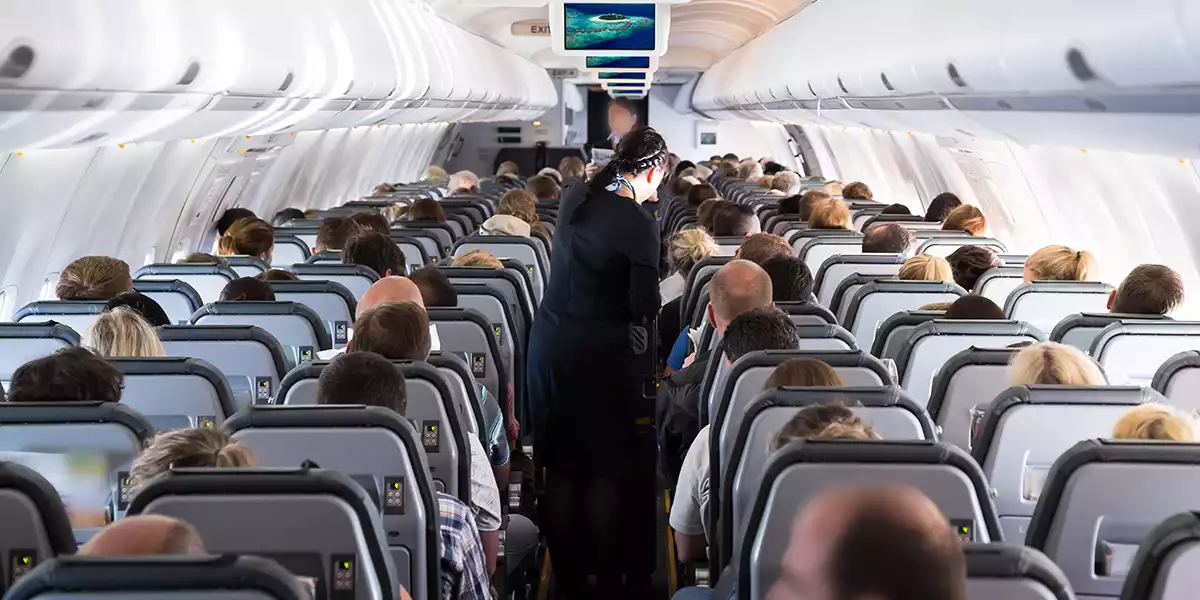In a world where digital distractions and hectic schedules often dominate our daily lives, finding quality time for family bonding can be a challenge. Travel, however, offers a unique opportunity to escape these pressures and engage in meaningful interactions with loved ones. Whether it’s a road trip to a neighboring town, a first-class flight to a far-off land, or a simple staycation, travel can significantly enhance family relationships. This blog explores how travel serves as a powerful tool for family bonding, providing shared experiences, fostering communication, and creating lifelong memories.
Creating Shared Experiences
Traveling together as a family means stepping into a collective adventure where each destination brings new sights, sounds, and experiences. Unlike the routine of daily life, travel thrusts families into unfamiliar settings, requiring them to engage more deeply with each other and the world around them. From navigating airport terminals to deciding on a day’s itinerary, each activity requires teamwork and cooperation, reinforcing the family unit.
Shared experiences are particularly potent in building stronger bonds because they require families to step out of their comfort zones together. This might mean hiking through a national park, snorkeling in tropical waters, or exploring the museums of a bustling city. In each case, family members share in both the challenges and the joys, from the initial thrill of discovery to the satisfaction of overcoming obstacles. These experiences are not only enjoyable but also serve as important learning opportunities, where children and adults alike gain insights into each other’s strengths, weaknesses, and interests.
Fostering Communication and Understanding
One of the most significant benefits of travel for family bonding is the way it enhances communication. Away from the distractions of everyday responsibilities, family members often find it easier to open up to one another. Long car rides or waiting times at airports provide perfect opportunities for deeper conversations that might not occur in the rush of a typical day. During travel, conversations can roam from mundane topics to discussions about personal aspirations, fears, and feelings, paving the way for a deeper understanding and appreciation of each other’s perspectives.
Moreover, travel can expose families to different cultures and lifestyles, which can serve as great starting points for discussions about values, history, and worldviews. These discussions can be particularly enriching for children, helping to broaden their horizons and develop a sense of empathy and global awareness. Parents have the opportunity to teach through experience rather than instruction, making the lessons more impactful and enduring.
Creating Lifelong Memories
The memories made during family vacations are often cherished for a lifetime. These memories serve as a repository of shared joy and laughter that can strengthen family ties for years to come. The act of recalling these moments together can rekindle feelings of closeness and warmth long after the trip has ended. For many families, even something as simple as looking through photos from a trip can bring back a flood of happy memories and inside jokes.
Travel also marks milestones in a family’s life. Celebrating a graduation, a milestone birthday, or an anniversary with a special trip can be a way to honor these occasions in a uniquely memorable way. These celebrations not only add an element of excitement to the journey but also highlight the importance of supporting and cherishing each other through life’s various stages.
Learning to Work Together as a Team
Traveling invariably means encountering unforeseen circumstances, which can educate families how to adjust to changing circumstances and work together under duress. Whatever the circumstances may be, whether it be dealing with a missed connection, a lost suitcase, or navigating directions in a foreign location, these issues require members of the family to collaborate and rely on each other’s capabilities and skills. In the event that these circumstances are successfully managed, it has the potential to instill a sense of team spirit and increase the family’s confidence.
Additionally, the process of organizing a trip can be a bonding activity in and of itself. Participating in the decision-making process regarding destinations, accommodations, and activities gives every member of the family the opportunity to share their thoughts and preferences, so turning the trip into a group project. This technique not only ensures that the travel experience is tailored to everyone’s interests, but it also further emphasizes the significance of each individual’s contribution to the decision-making process within the family.
One of the most effective ways to strengthen the bonds between family members is through travel, which offers one-of-a-kind experiences that encourage conversation, teamwork, and the formation of cherished memories. No matter how big or small the voyage may be, it has the potential to considerably strengthen the links that bind the family together and to deepen the relationships that exist between the members of the family. It is possible for families to establish a foundation of love, support, and mutual respect that will last a lifetime; this can be accomplished by venturing away from the familiar and going on new adventures together.









